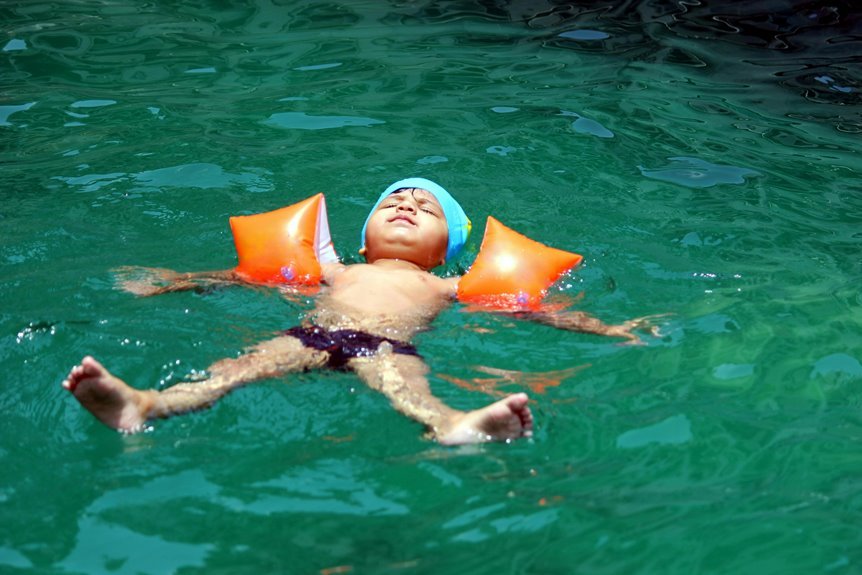The use of CBD in children is gaining attention, particularly for conditions such as epilepsy, anxiety, and ADHD. While emerging studies suggest potential benefits, concerns about safety and side effects remain prevalent. Additionally, legal regulations can complicate access for minors. Parents face a challenging decision regarding whether to consider CBD for their children, prompting the need for careful evaluation and professional guidance. What factors should they weigh before making this choice?
Understanding CBD and Its Potential Benefits for Children
While research on the effects of cannabidiol (CBD) in children is still in its early stages, many parents and caregivers are exploring its potential benefits.
Preliminary studies suggest CBD may help with conditions such as epilepsy, anxiety, and ADHD, offering promising avenues for pediatric use.
However, the full scope of CBD benefits remains under investigation, necessitating a cautious approach to its application in children.
Safety and Side Effects of CBD in Pediatric Use
As research continues to evolve, the safety and side effects of CBD use in children remain critical areas of concern for parents and healthcare professionals alike.
Pediatric studies suggest that appropriate CBD dosage is essential to minimize risks. Adhering to safety guidelines is crucial, as side effect profiles can vary.
Ongoing research is necessary to understand long-term implications for pediatric use.
Legal Considerations Surrounding CBD for Minors
Understanding the legal landscape surrounding CBD use for minors is essential for parents and guardians considering this treatment option.
Legal regulations vary significantly across states, often imposing age restrictions on who can access CBD products. Some jurisdictions require prescriptions, while others permit over-the-counter sales.
Awareness of these laws is crucial for making informed decisions regarding CBD for children, ensuring compliance and safety.
Factors Parents Should Consider Before Administering CBD to Children
Legal considerations provide a foundation for parents contemplating the use of CBD in children, but several other factors warrant careful evaluation.
Parents should consider dosage guidelines, as appropriate dosing is crucial for safety and efficacy.
Additionally, parental concerns about potential side effects and the child's specific health conditions must be addressed.
Informed decisions require thorough research and consultation with healthcare professionals.
Conclusion
In conclusion, while CBD shows promise for addressing certain pediatric conditions, parents must approach its use with the caution of a medieval knight preparing for battle. Careful consideration of safety, potential side effects, and legal implications is essential. Consulting with healthcare professionals ensures informed decisions that prioritize the child's well-being. Ongoing research will continue to illuminate the effects of CBD, but until more conclusive findings emerge, vigilance and prudence remain paramount in this evolving landscape.





 Do You Need to Be 21 to Buy Cbd
Do You Need to Be 21 to Buy Cbd